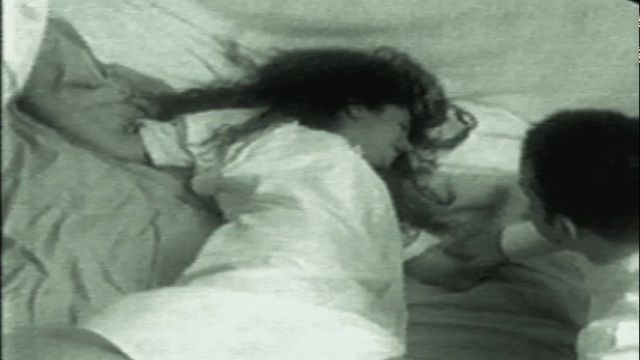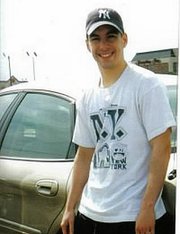
New Mental Hospital Unveiled but Nurse Ratched Now Pusher for Big Pharma
Although the Oregon State Hospital was not specifically named in Ken Kesey’s novel, on which the 1975 Academy-award winning movie was based, it could have been. For its legacy of real abuses spans over a century.
Although the chilling film starring Jack Nicholson is now decades old, it wasn’t until state lawmakers toured the facility in 2004 that they discovered the cremated remains of 3,600 patients who had been locked away and forgotten inside. “You can see the place where they showered. You can see their scratchings on the wall,” said Oregon Senate President Peter Courtney. “They lived there. And then often people forgot them. They just took them there and it was over.”






SHARE YOUR STORY/COMMENT: